17 Small Habits That Reveal A Person Grew Up Without Financial Stability
Growing up without financial stability often imprints subtle yet persistent habits that accompany individuals into adulthood. These small behaviors, sometimes unnoticed by others, can reveal a past shaped by economic scarcity.
They tell stories of resourcefulness, caution, and an acute awareness of financial security. Here, we explore 17 such habits, each a testament to resilience and the lessons of frugality.
1. Finishing every last drop of everything

For some, leaving a bit of juice or sauce behind is no big deal. But for those who lacked financial stability, every drop counts. The habit of ensuring nothing goes to waste often stems from a time when resources were scarce.
This meticulous approach extends beyond food, encompassing all aspects of life, reflecting a deep-rooted appreciation for what one has. This habit not only highlights an upbringing of conservation but also conveys respect for hard-earned resources, transforming everyday actions into purposeful gestures of gratitude.
2. Fixing things before replacing them

Why toss something that can be fixed? This mindset is a hallmark of those raised without financial cushions. It’s not just about saving money—it’s about innovation and the satisfaction of restoring life to well-loved items.
From stitching up socks to mending broken electronics, the ability to breathe new life into old belongings is a skill honed from necessity. This practice reveals a culture of resourcefulness where value is found in preservation and sustainability, rather than constant consumption.
3. Never ordering drinks at restaurants

Dining out can be a treat, but the extras quickly add up. People who grew up with limited means often skip ordering drinks to save a few dollars. This habit highlights a calculated approach to spending, where small savings accumulate over time.
It’s an exercise in restraint, prioritizing necessity over indulgence. Such choices speak to a broader perspective on managing resources, where even minor decisions are viewed through the lens of financial prudence and long-term benefit.
4. Keeping boxes “just in case”
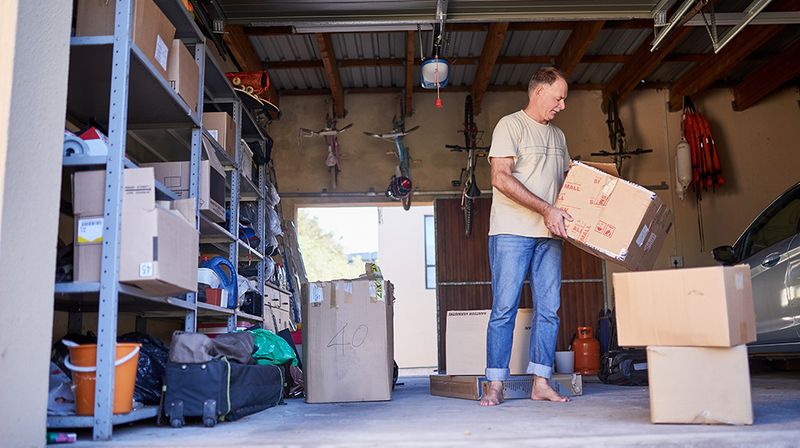
In a world where every penny matters, the saying “you never know when you might need it” takes on genuine significance. Keeping boxes, whether for potential re-use or storage, is more than just holding onto clutter—it’s strategic planning.
This habit reflects a mindset that values preparation and foresight. It’s about expecting the unexpected and being ready for it. Such behavior underscores an understanding of the cycles of need and surplus, turning simple boxes into symbols of security.
5. Hesitating before spending—even on needs

Pausing before making a purchase, even for essentials, is a common trait among those who grew up watching every dime. This hesitation is not mere indecision; it’s a survival mechanism. It involves weighing the necessity against potential future needs, always with an eye on the budget.
This practice teaches patience and discernment, even when urgency calls. Such behavior sheds light on a disciplined approach to money, where each expenditure is carefully considered and justified.
6. Always checking for sales, no matter what

Scouring for deals can become second nature. Those familiar with financial uncertainty often develop a knack for finding the best bargains. It’s not just about saving money—it becomes a game of strategy and skill.
The thrill of a good deal brings satisfaction and reassurance, knowing that every dollar has stretched a bit further. This habit highlights a proactive approach to budgeting, where every purchase is an opportunity to maximize value, reflecting a deep commitment to financial efficiency.
7. Reusing paper towels and plastic bags

For some, reusing disposable items is more than eco-friendly; it’s an ingrained practice of thriftiness. It reflects a creative mindset where nothing is truly single-use. By giving items multiple lives, this habit reduces waste and stretches resources.
It emphasizes a practical approach to daily living, where the mundane transforms into meaningful acts of conservation. This behavior highlights an upbringing that champions sustainability and sees potential in every corner, turning small gestures into impactful habits.
8. Carrying snacks everywhere
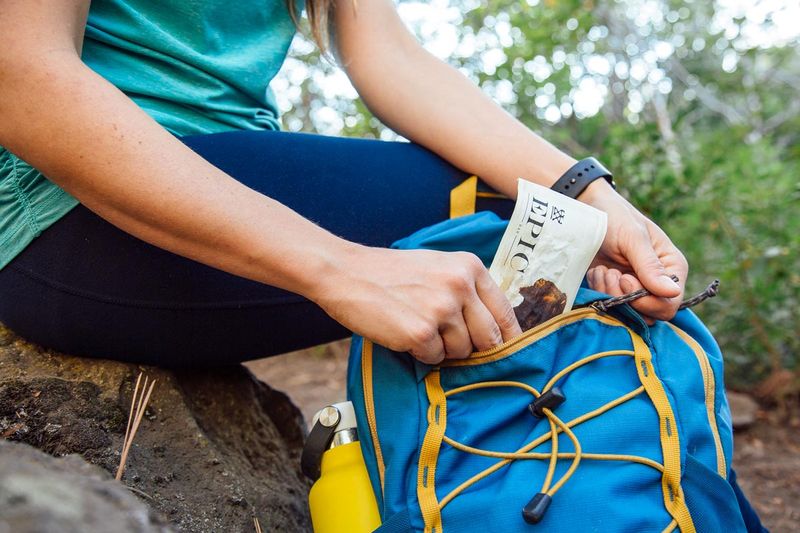
When money is tight, buying snacks on the go is a luxury. Therefore, carrying snacks becomes a strategy to avoid unnecessary spending. It’s a small act of planning that provides comfort and assurance throughout the day.
This habit reflects an awareness of immediate needs and a readiness to meet them without dipping into funds reserved for more significant expenses. Such behavior showcases foresight and self-sufficiency, making each bite a testament to careful preparation.
9. Avoiding subscriptions or memberships

Subscriptions promise convenience, but they also demand a regular financial commitment. For those wary of recurring expenses, avoiding them is a way to maintain control over their budget. This decision reflects a preference for flexibility and freedom from financial obligations.
By opting out, individuals keep their options open, ensuring they pay only for what they truly need. This habit underscores a cautious approach to spending, emphasizing the importance of choice and adaptability in financial matters.
10. Hoarding toiletries or pantry items
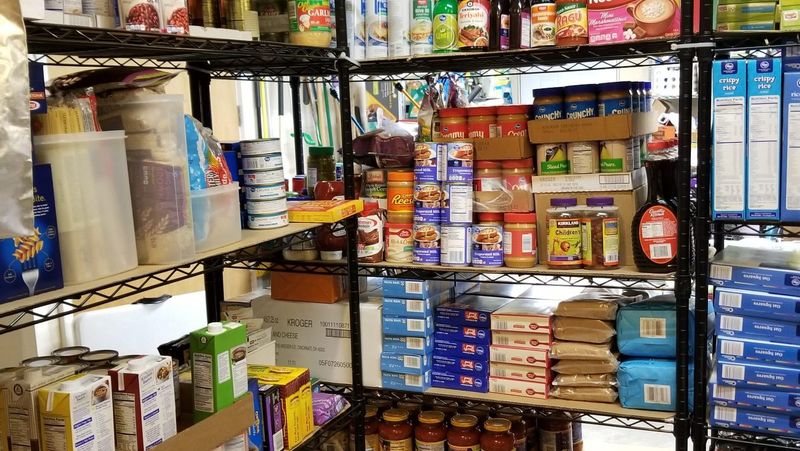
Stockpiling essentials might seem excessive to some, but for those who have faced scarcity, it’s a form of security. It ensures that the basics are always within reach, regardless of future financial fluctuations. This habit highlights a deep-seated desire for stability, where having a surplus means fewer worries.
It reflects an understanding of the importance of preparedness and the peace that comes with knowing you’re covered, no matter what. Such behavior is a testament to resilience and foresight.
11. Feeling guilty after buying anything “extra”
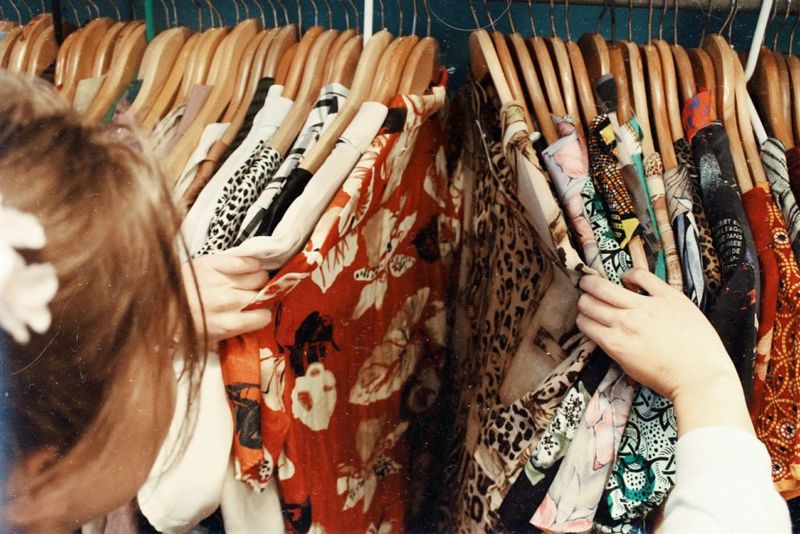
Splurging on non-essentials can trigger a wave of guilt for those accustomed to tight budgets. This feeling doesn’t stem from lack of enjoyment, but from the ingrained belief that every penny should count. The guilt serves as a reminder of past struggles and the potential need to save for tomorrow.
Such emotions reflect an upbringing steeped in caution, where happiness is often tempered by the weight of responsibility. This habit reveals a complex relationship with money, balancing between indulgence and restraint.
12. Avoiding debt like it’s a trap
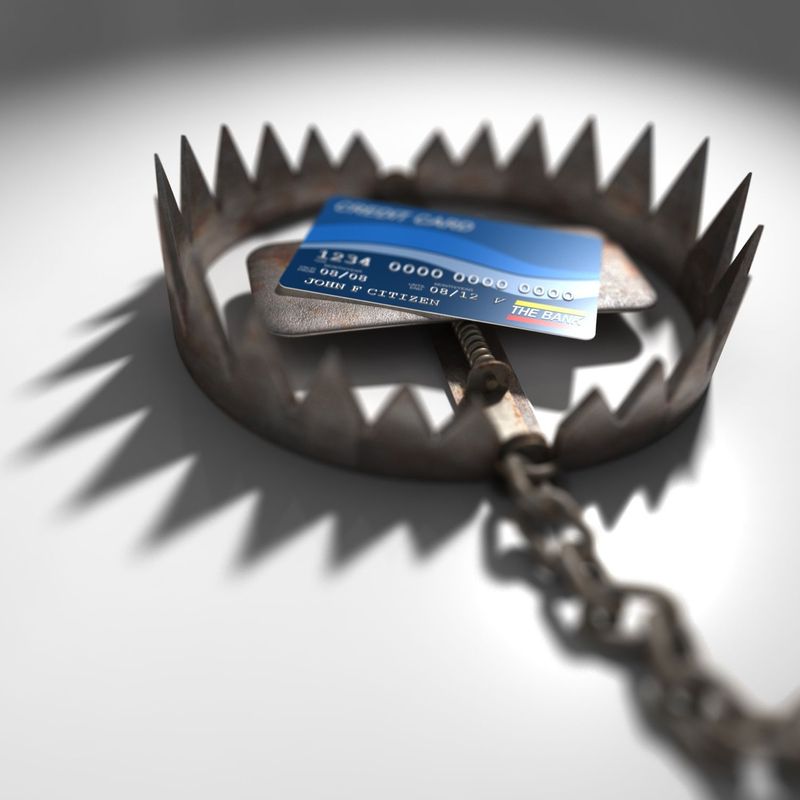
Fear of debt is a powerful motivator. For those who grew up witnessing the burdens it can place on a household, avoiding debt becomes a principle. It’s seen as a slippery slope—one misstep and financial stability could unravel.
This cautious approach emphasizes living within one’s means and prioritizing financial independence. It highlights a commitment to freedom from external obligations, where peace of mind trumps the allure of immediate gratification. Such behavior reflects discipline and long-term planning.
13. Saving receipts for months

Keeping receipts may seem like clutter, but it represents organization and accountability for those wary of financial uncertainty. Each slip of paper is a record—a way to track spending and ensure nothing goes unnoticed.
This habit highlights a commitment to transparency and the ability to account for every dollar spent. It reinforces a sense of control over one’s finances, providing reassurance that everything is in order. Such behavior showcases an informed approach to budgeting and the importance of detail-oriented tracking.
14. Still worried about overdrafting—even with savings

Even with a cushion, the fear of overdrafting lingers for those who have experienced financial instability. It’s a reminder of times when every cent mattered, and mistakes were costly. This concern isn’t just about the present balance—it’s about the security that comes with certainty.
Such behavior highlights a cautious mindset, where vigilance is key to maintaining peace of mind. This habit reflects an enduring awareness of financial pitfalls and the desire to safeguard against them at all costs.
15. Treating dining out like a huge deal

For many, dining out is a routine pleasure. But for those who grew up with limited means, it’s a celebration. Each meal is savored, reflecting the rarity and significance of the experience. This habit highlights an appreciation for the extraordinary, where dining out transcends mere nourishment and becomes an event.
It showcases a perspective that cherishes the specialness of the moment, elevating a simple outing into a cherished memory. Such behavior underscores a deep gratitude for opportunities to enjoy life’s finer things.
16. Keeping cash hidden in odd places
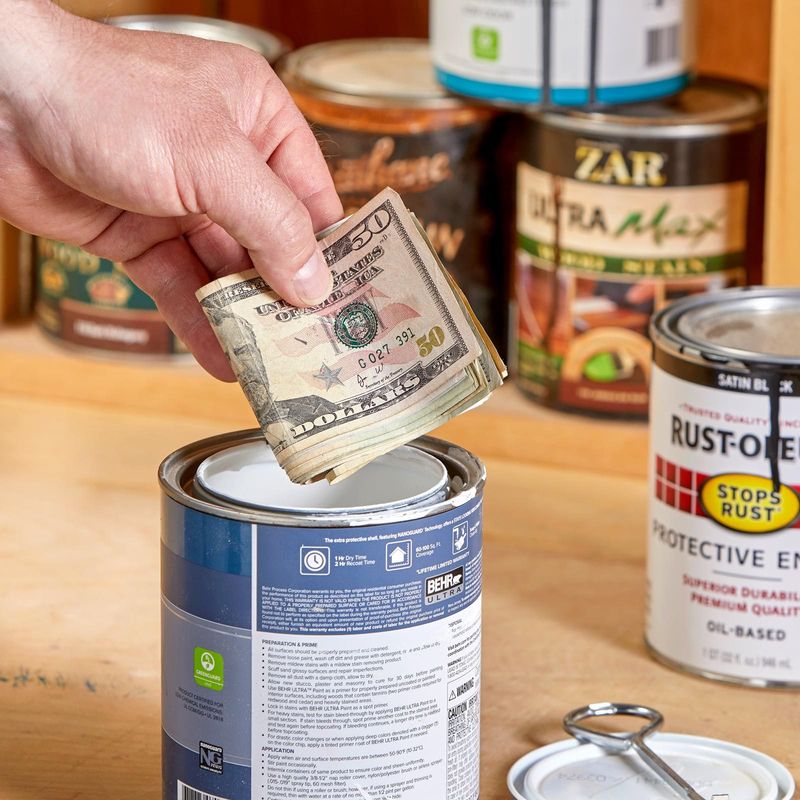
Stashing cash in unusual spots isn’t just about saving—it’s a precaution. For those who’ve faced financial uncertainty, having a backup plan is essential. This habit reflects a belief in self-reliance and preparedness, ensuring money is always accessible, even in emergencies.
It’s a strategy to protect against unforeseen circumstances, where hidden reserves offer peace of mind. Such behavior highlights a practical approach to security, where a little foresight can make all the difference.
17. Feeling safest when nothing is being spent

For some, the absence of spending is the ultimate comfort. This mindset is deeply rooted in an upbringing where financial stability was always in question. It’s about finding peace in simplicity and the reassurance that comes from knowing resources are preserved.
This habit reflects a value system where contentment is linked to conservation, emphasizing restraint and the calm that accompanies it. Such behavior showcases an understanding of the correlation between spending and security, where less truly is more.







